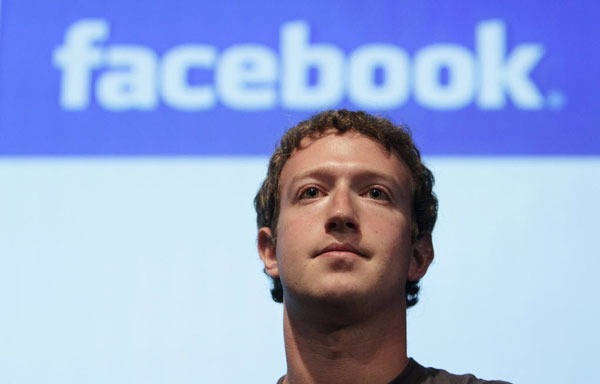- The spread of false information across social media and their influence on the masses is a major problem, and is beginning to get out of hand.
- Facebook has been faced with heavy criticism by the media, and there are now hopes that something will soon be done to prevent this spread of misinformation.
- Zuckerberg has stated that the company is working on improving the system’s accuracy in detecting fake news, with consideration to the philosophical problems with limiting people’s freedom of speech.
The CEO of Facebook has had his name written all over the news lately, and not for the best reason.
Following the presidential elections in the US and numerous scandals that emerged during the campaign up to its final day, there has been an increase in complaints regarding the amount of fake news that is allowed to circulate the social media network. The problem is not new, but given the ever-increasing power of influence Facebook has on the public opinion, having fake news go viral in the community can be dangerous.
After releasing an initial statement about the company’s efforts to prevent the spread of false information, and their interest in taking the issue seriously, Zuckerberg posted an update on Friday night, assuring critics that they are still working on solutions, but that they will come with limits.
“The problems here are complex, both technically and philosophically”, he writes. “We believe in giving people a voice, which means erring on the side of letting people share what they want whenever possible. We need to be careful not to discourage sharing of opinions or to mistakenly restrict accurate content. We do not want to be arbiters of truth ourselves, but instead rely on our community and trusted third parties.”
He then went on to outline some of the projects Facebook is currently working on, such as improvements in the automatic detection of false news, which makes it easier for users to report and flag them as fake, as well as collaborating with more third-party fact-checking sites to identify false information.
“Our goal is to show people the content they will find most meaningful, and people want accurate news,” Zuckerberg writes. “We have already launched work enabling our community to flag hoaxes and fake news, and there is more we can do here. We have made progress, and we will continue to work on this to improve further.”
The criticism the company has been receiving is tough. Following an interview with a man who confessed he makes $10,000 every month writing fake news, the Washington Post then deemed fake news as “dangerous mischief”, and stated that news filtering should be a job done by humans and not by algorithms. The New York Times also contributed by stating that “the programmers at Facebook should be able to spot bogus stories and outwit the people producing this garbage”.
Considering the amount of times people have had to deal with the embarrassing and sometimes disappointing consequences of having read and shared fake news, we can’t help but support the critics and hope Facebook will do its best to solve the issue ASAP.

![5 Reasons You Should Travel Alone Airplane [image source: chau nguyen/ http://thedevilhatessweatpants.blogspot.com.au ], crowd ink, crowdink, crowdink.com, crowdink.com.au](https://crowdink.com/wp-content/uploads/2016/08/Chau-airplane-218x150.jpg)




























![5 Reasons You Should Travel Alone Airplane [image source: chau nguyen/ http://thedevilhatessweatpants.blogspot.com.au ], crowd ink, crowdink, crowdink.com, crowdink.com.au](https://crowdink.com/wp-content/uploads/2016/08/Chau-airplane-100x70.jpg)


